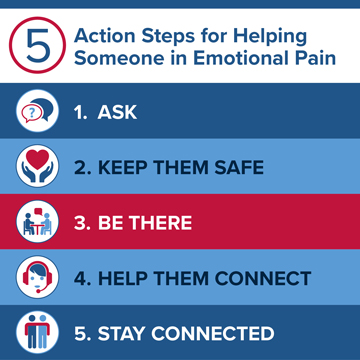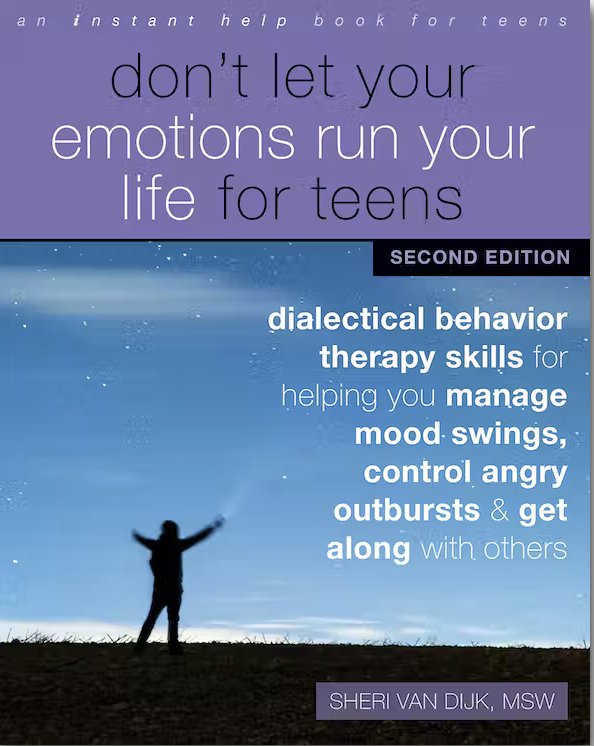
National Institute of Mental Health: Suicide Prevention
Suicide is a major public health concern. In 2021, suicide was the 11th leading cause of death overall in the United States, claiming the lives of over 48,100 people. Suicide is complicated and tragic, but it is often preventable. Knowing the warning Read more >>











